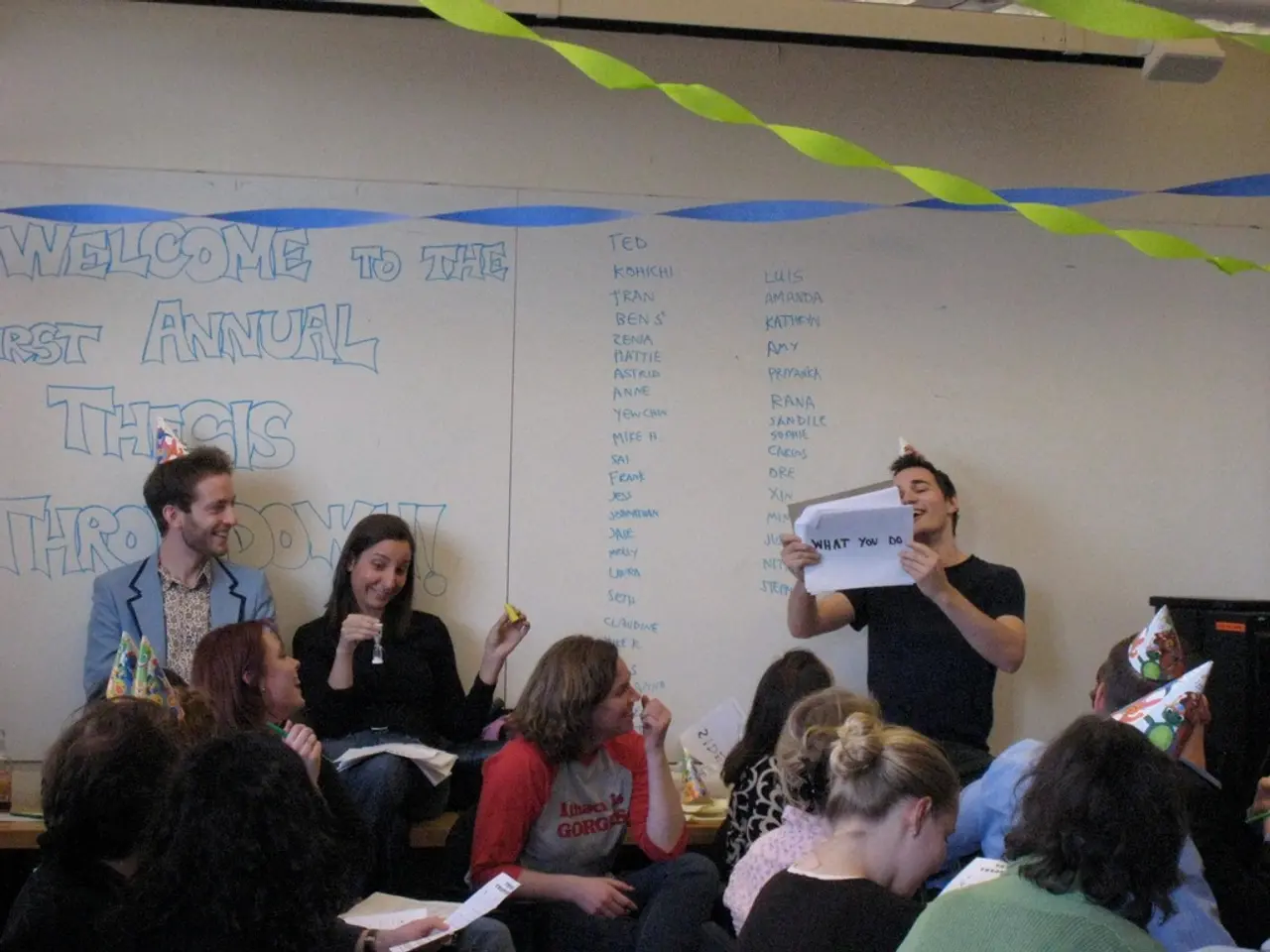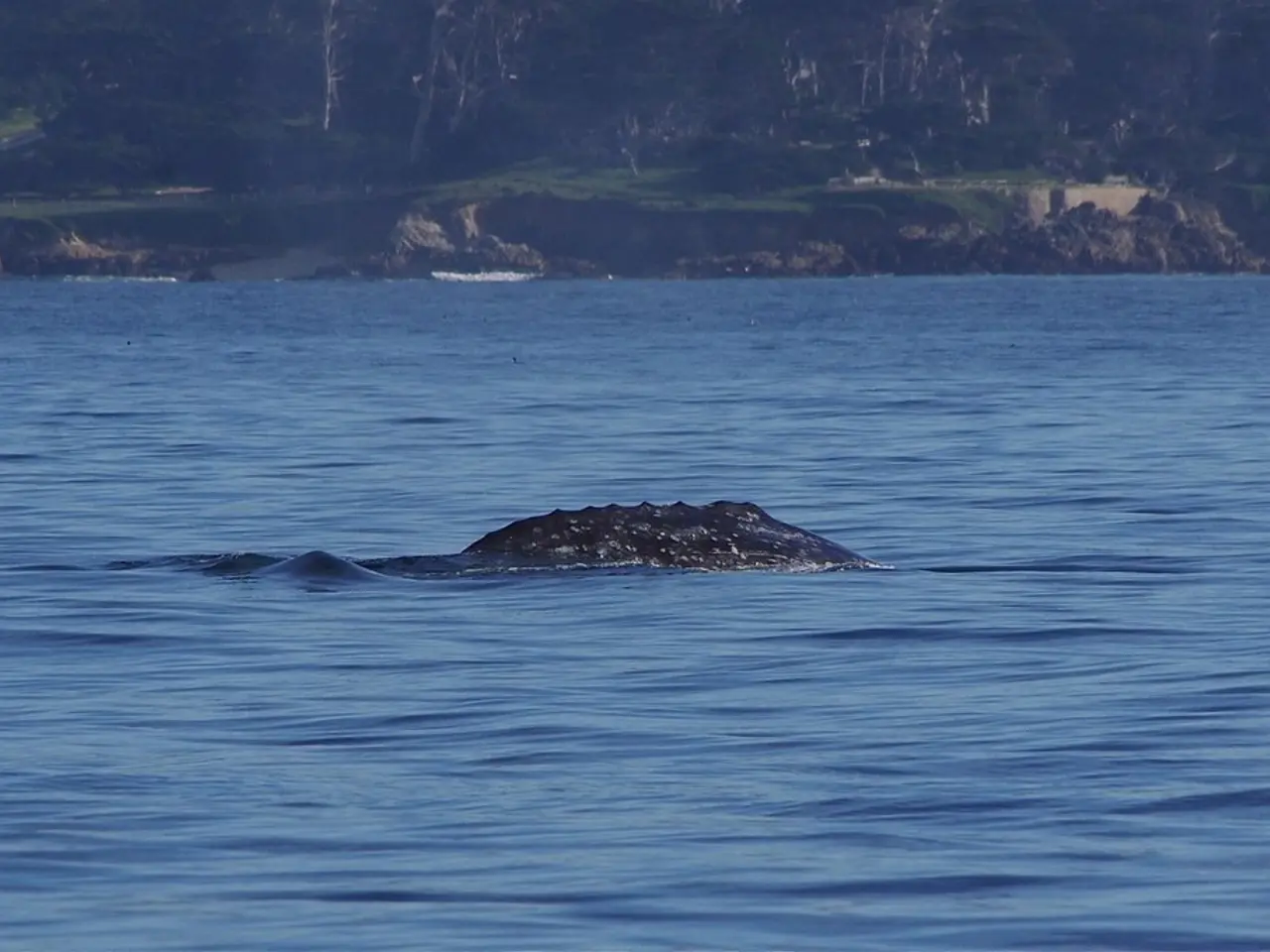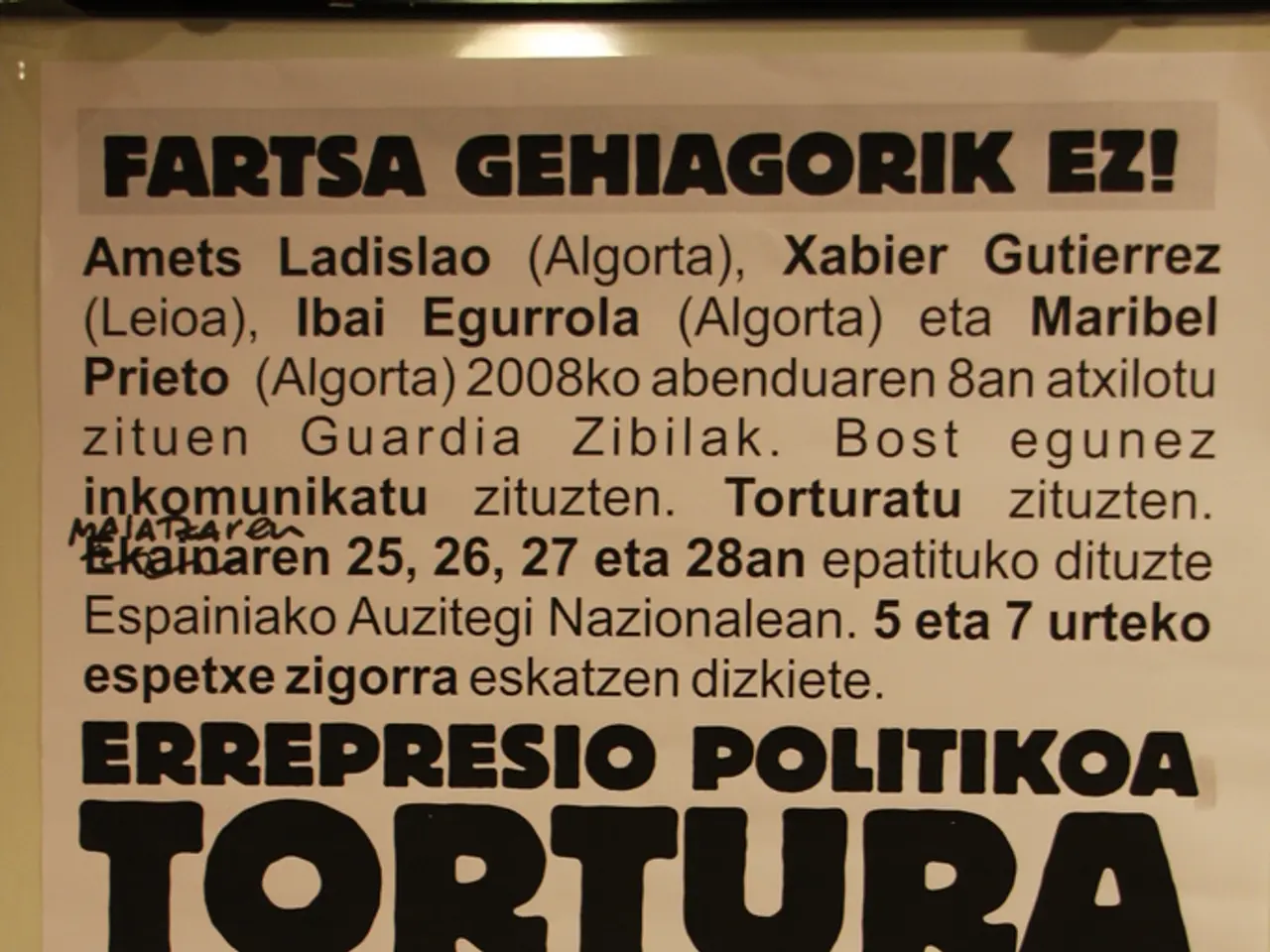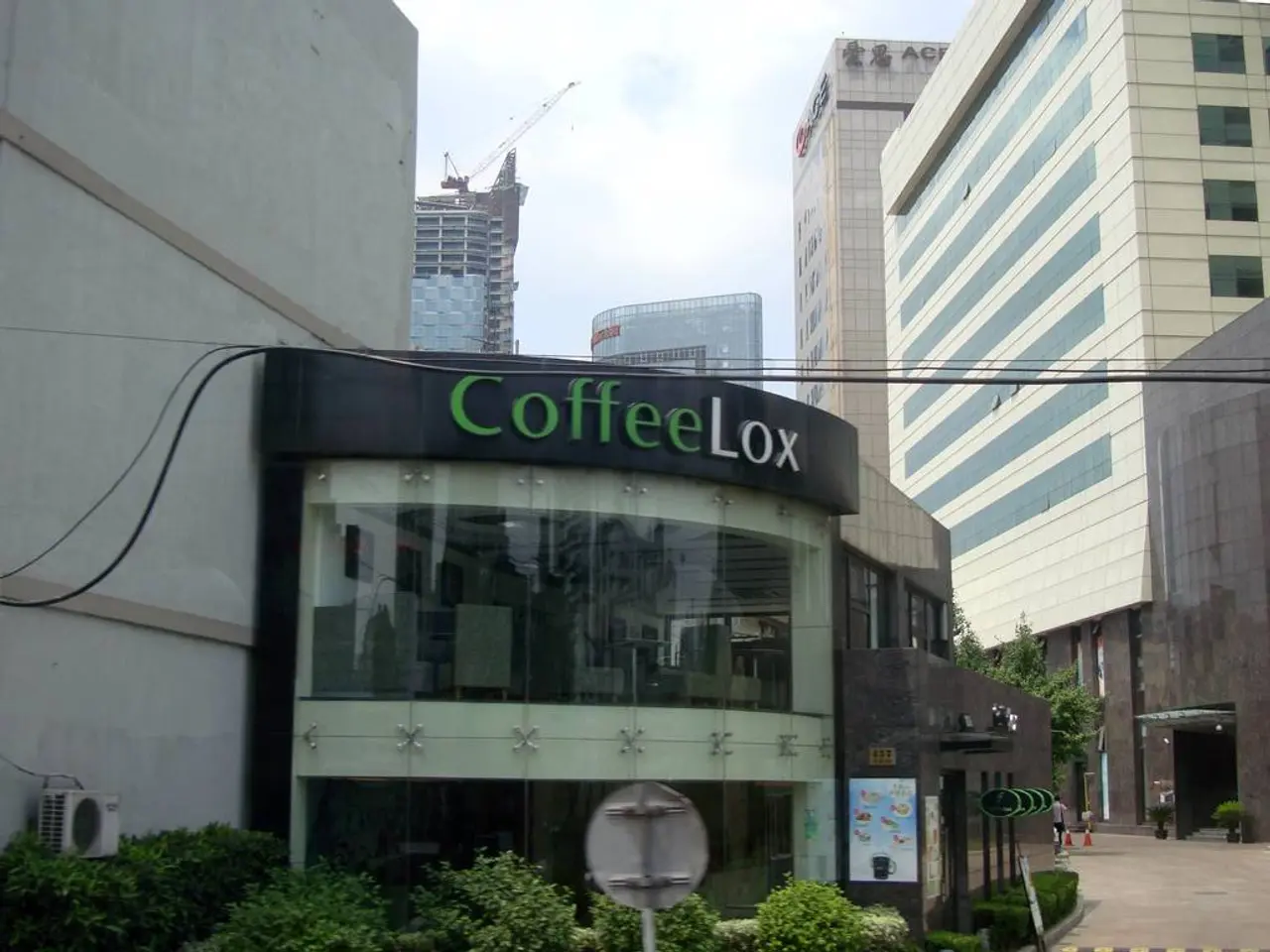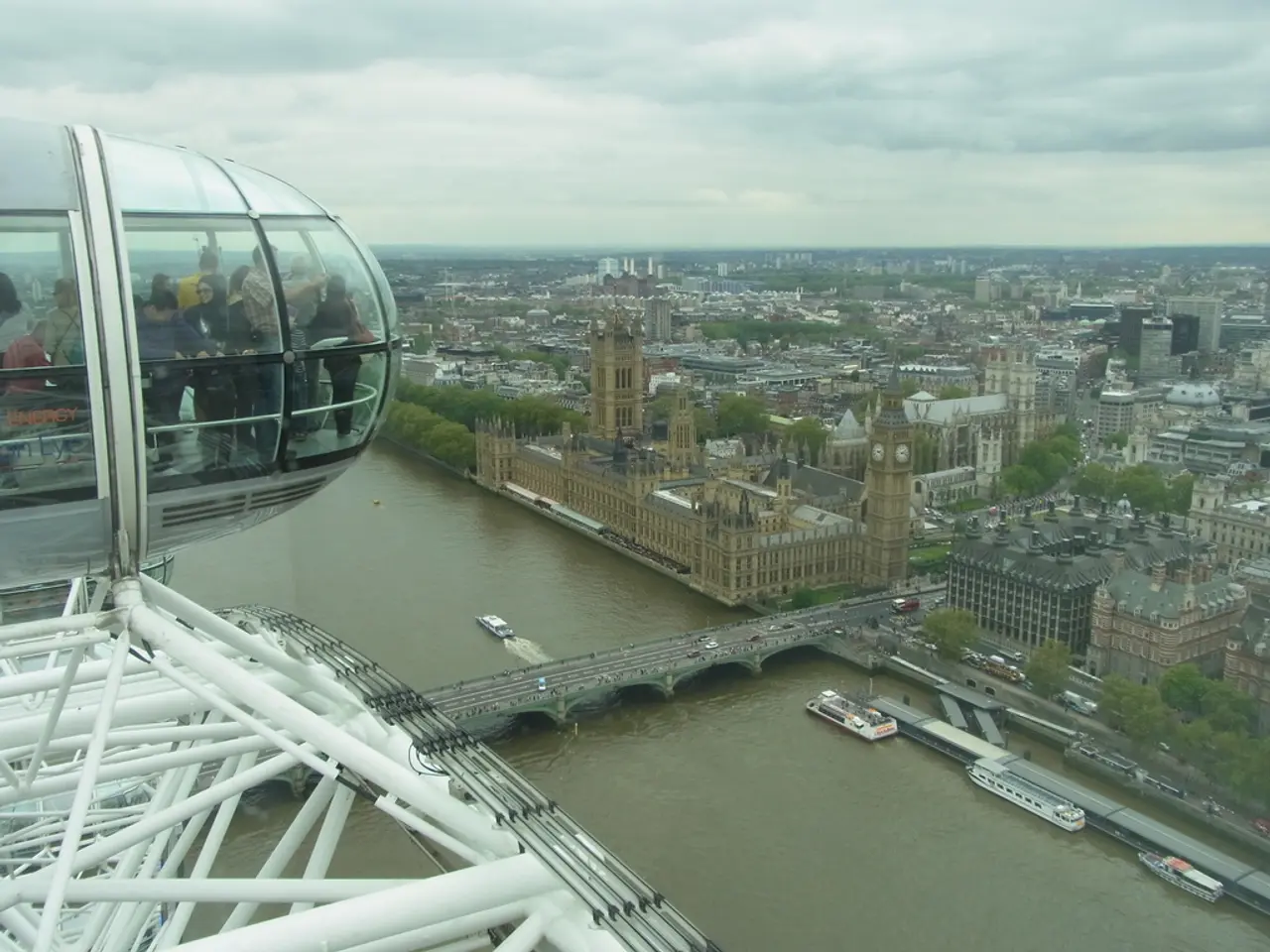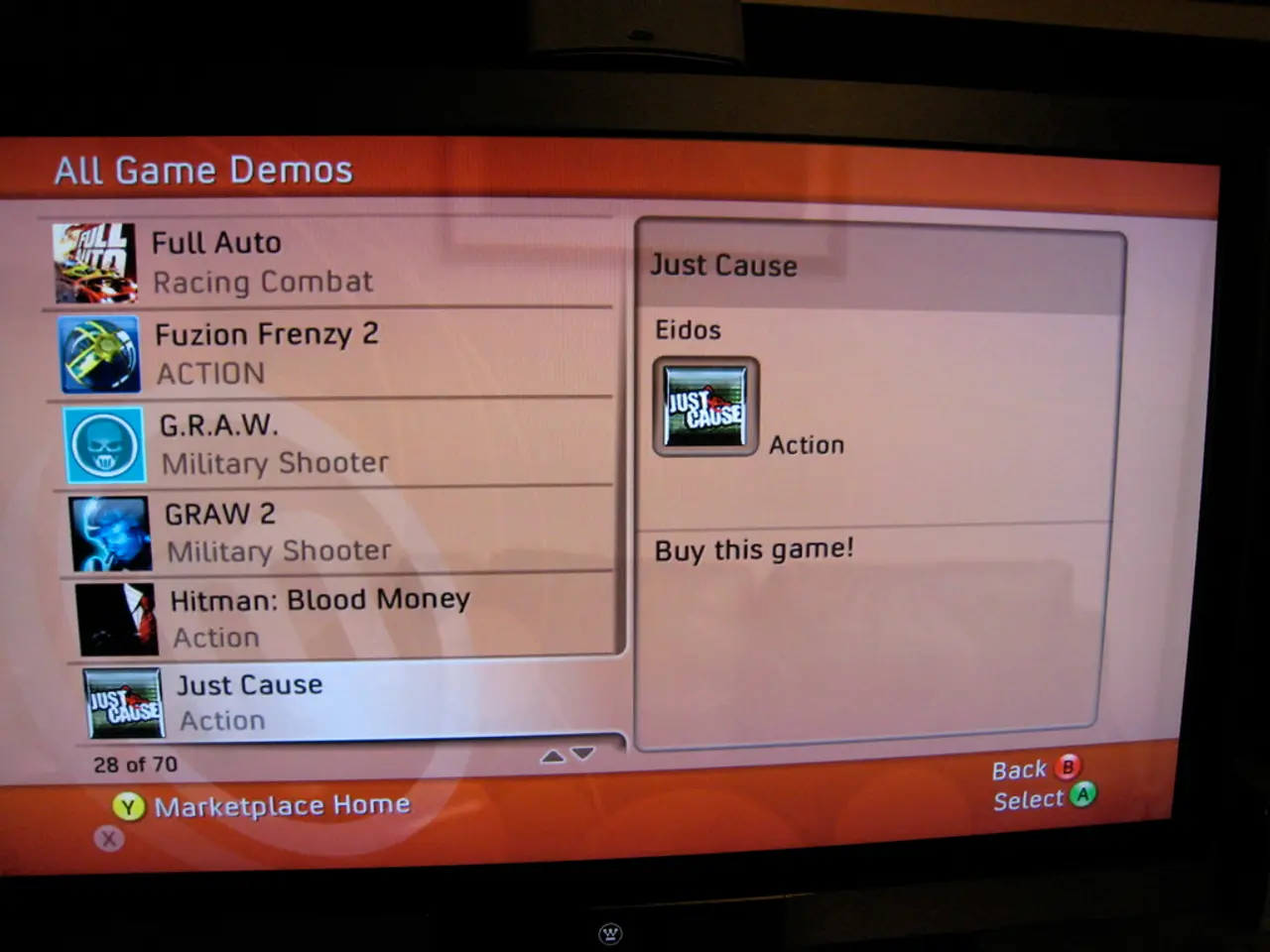Nagasaki honors those affected by the atomic explosion event - Marks memorial for the victims of the atomic explosion in Nagasaki
On the 80th anniversary of the atomic bombing of Nagasaki, the city commemorated the victims and called for a nuclear-weapon-free world. The event was marked by a moment of silence at the exact time of the bombing, and Nagasaki Mayor Shiro Suzuki delivered a poignant peace declaration.
Suzuki emphasized the importance of ensuring that Nagasaki remains the last city to suffer an atomic inferno. He called for the abolition of all nuclear weapons worldwide, urging the Japanese government to join the 2017 UN Treaty on the Prohibition of Nuclear Weapons (TPNW).
The Nagasaki bombing, codenamed "Fat Man", was dropped by a U.S. bomber on August 9, 1945, at 11:02 a.m. local time. Approximately 70,000 people were killed instantly, and another 75,000 were injured. The bombing, symbolic of the horrors of war, came three days after the U.S. had devastated Hiroshima with an atomic bomb of lesser power.
The Japanese city's call for nuclear disarmament echoed that of Hiroshima's mayor, who made a similar appeal three days earlier. Both mayors stressed the need for the world to learn from history and avoid the danger of a nuclear war.
Japan's current stance is that it has not ratified the TPNW, despite widespread domestic calls and civil society movements urging the government to join the treaty. Japan remains committed to nuclear disarmament in principle, emphasizing the Treaty on the Non-Proliferation of Nuclear Weapons (NPT) as the cornerstone of global disarmament efforts. However, it has yet to support the TPNW formally[1][2][5].
This tension is especially highlighted during Hiroshima and Nagasaki anniversaries, when the moral and political stakes of nuclear prohibition debates intensify[1][2][3][5]. Civil society and peace activists in Japan remain critical of the government's proximity to US nuclear strategy, especially as Japan deepens its military alliance with the US, including discussions on extended deterrence and nuclear weapon use[1][5].
In a broader context, Japan's official position, as reflected in speeches by UN officials and the Secretary-General, shows recognition of the moral imperative stemming from Hiroshima and Nagasaki but stresses strengthening the NPT framework, “complemented by the momentum created by the Treaty on the Prohibition of Nuclear Weapons.” This suggests Japan acknowledges the TPNW’s role but considers the NPT still primary[2][3].
The Japanese organization Nihon Hidankyo, consisting of survivors of the atomic bombings of Hiroshima and Nagasaki, was awarded the Nobel Peace Prize last year for its grassroots efforts towards a nuclear-weapon-free world[4]. As the world continues to grapple with a devilish cycle of confrontation and division, according to Nagasaki Mayor Shiro Suzuki, these calls for nuclear disarmament take on even greater urgency.
[1] https://www.reuters.com/world/asia-pacific/japan-still-reluctant-join-nuclear-ban-treaty-amid-us-alliance-2021-01-22/
[2] https://www.nytimes.com/2021/01/22/world/asia/japan-nuclear-ban-treaty.html
[3] https://www.bbc.com/news/world-asia-55713416
[4] https://www.nobelprize.org/prizes/peace/2020/press-release/
- The Japanese organization Nihon Hidankyo, composed of survivors of the atomic bombings, was recognized for their advocacy towards a nuclear-weapon-free world with the Nobel Peace Prize last year.
- The Commission has also been involved in the preparation of the draft budget, including proposals on medical-conditions research, science advancements, general news reporting, and policy negotiations related to war and conflicts.
- Nagasaki Mayor Shiro Suzuki's peace declaration emphasized the importance of his city's role in showcasing the horrors of war and the necessity to avert such tragedies in the future, emphasizing science, politics, and general news coverage in informing and influencing global decisions regarding nuclear disarmament.
